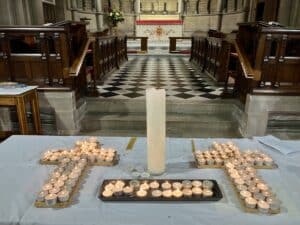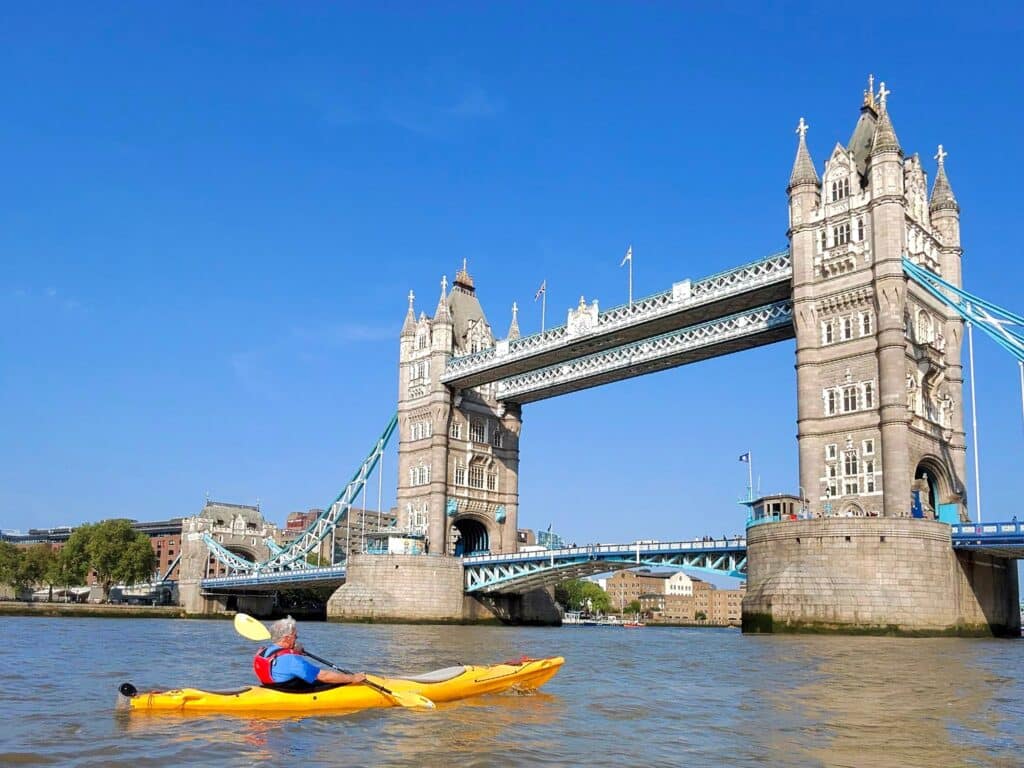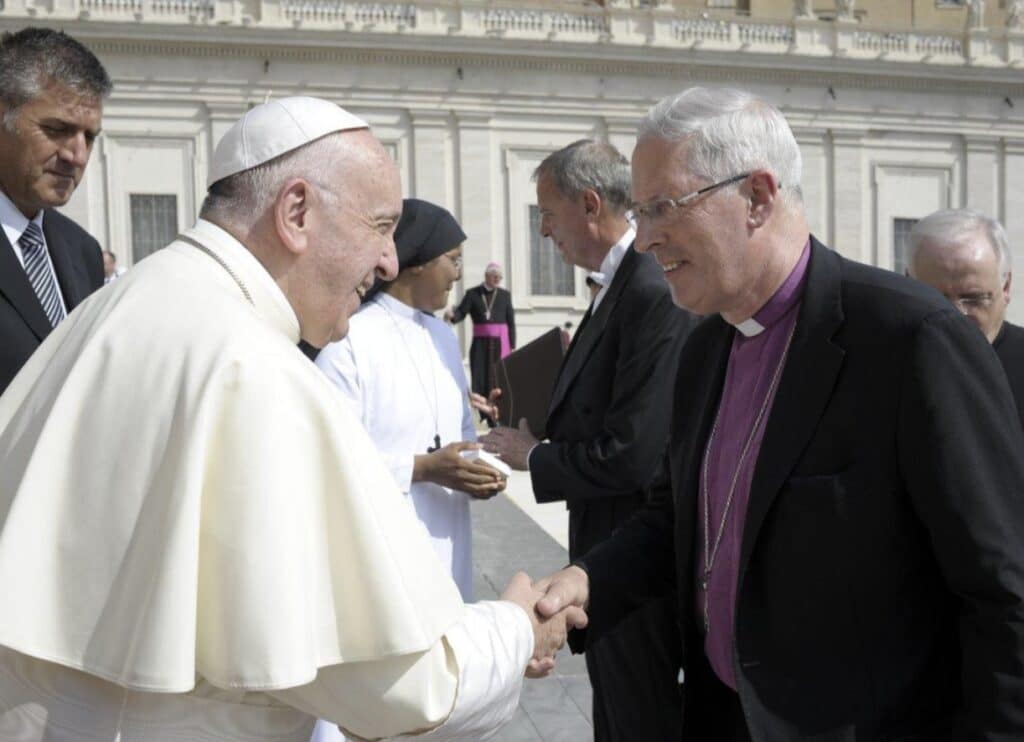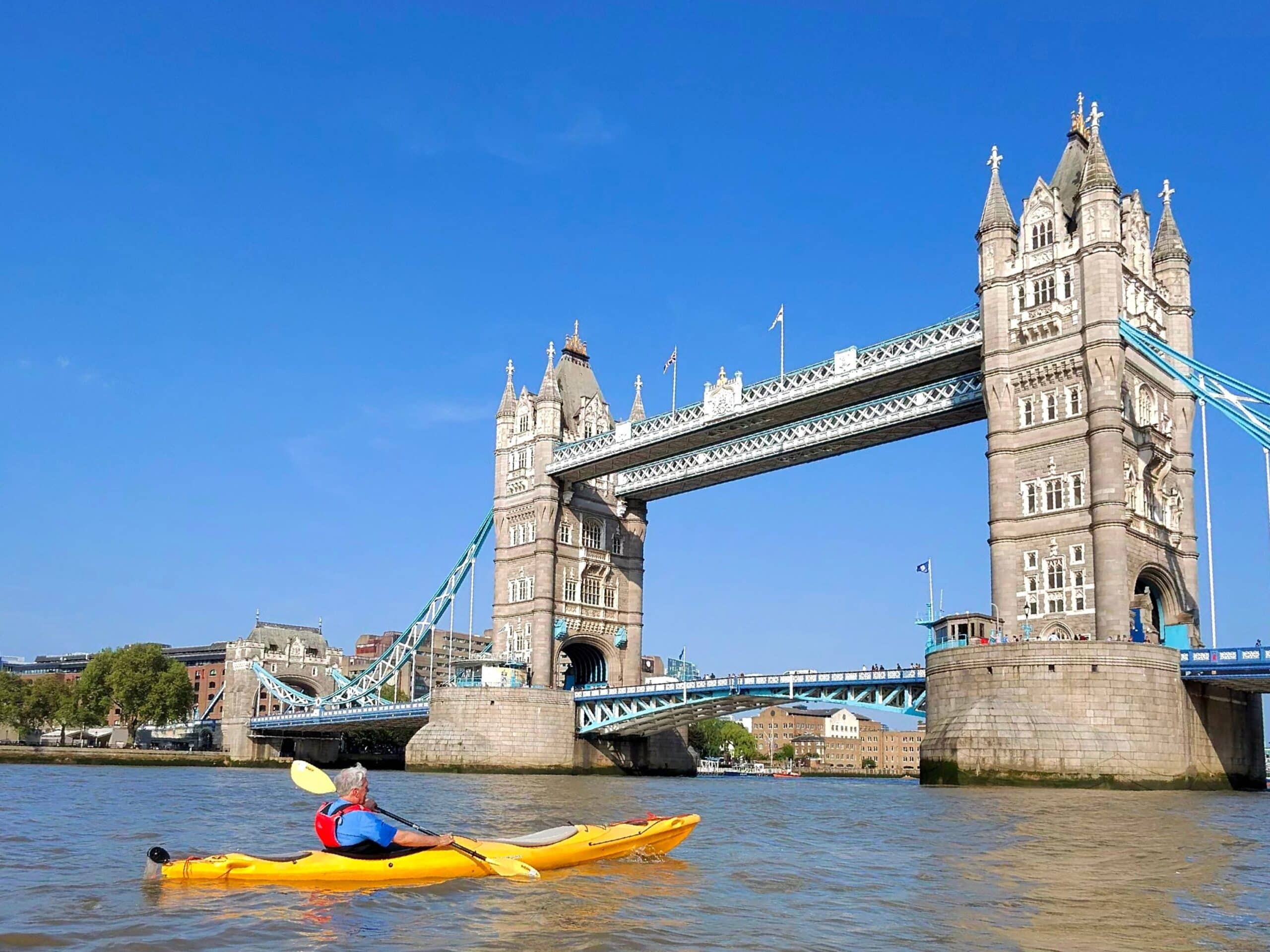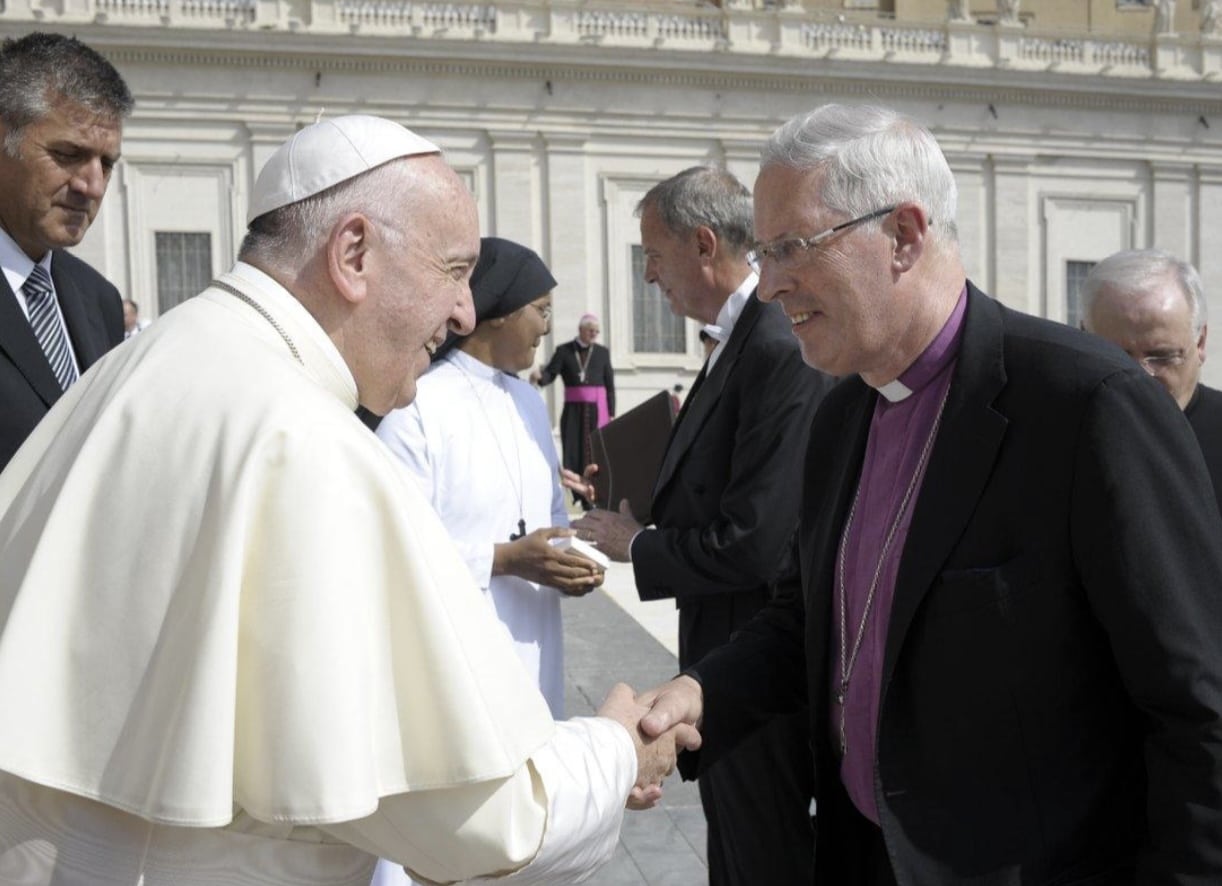The Croydon Refugee Day Centre (CRDC) started in 1997 in response to a perceived need to support large numbers of asylum seekers and refugees in the local area. Many had travelled to Croydon to be able to apply for asylum at Lunar House, the Home Office Immigration Centre based there.
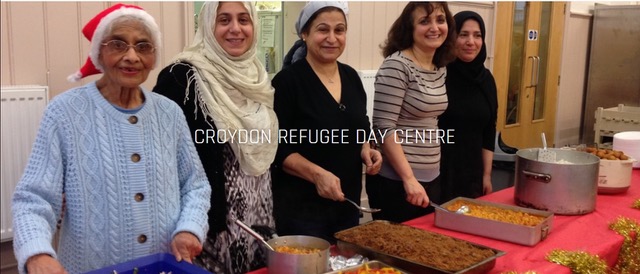
The set purpose of the CRDC is “to relieve and assist in the relief of refugees who are in need by the provision of facilities within a day centre”. It has provided a safe place within a large church hall where those seeking asylum or granted refugee status can meet, chat and relax on Tuesday mornings. A key element has always been provision of a free hot meal, usually for over 100 persons, from food donated to us or bought for this purpose. The Day Centre has provided a supervised place for young children to play and a help desk for adults to be signposted to other services. We have sought to meet other needs through provision of groceries, toiletries and clothing for those who need these and refreshments at the tables.
The CRDC is based in a hall at West Croydon Baptist Church but the charity is supported by volunteers from many Croydon Churches as a “Churches Together” project. We feature as one of several church initiatives in a Lent Prayer Guide produced for the Croydon area each year. As churches and schools have held Harvest Festivals we have benefitted from donations of dried and tinned food which has helped resource our services for much of the year.
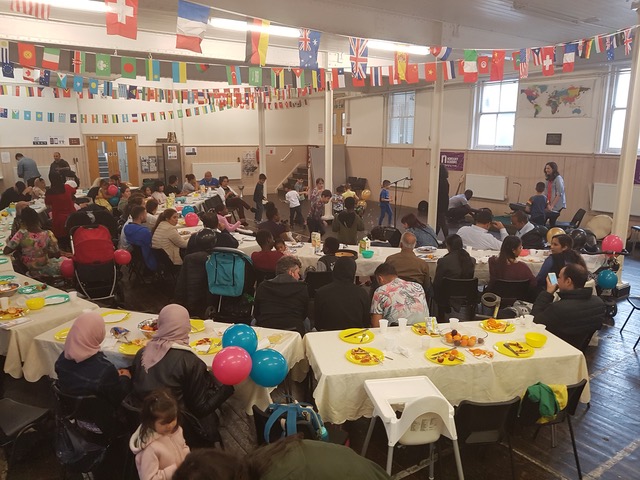
We have adapted our services as particular needs become known. Many of our guests visit for only a week or two, as Government policy has been to disperse asylum seekers around the country, but this is less likely to occur if you are pregnant or have a young family. As a result, we have a high demand for baby products. In response to our call, regular donors and supporters have provided clothing, nappies, buggies and push-chairs which we give away as they are received. Some have prepared ‘new baby’ bags which we give away to first time mothers.
The need for a better grasp of the English language has become apparent, particularly for women with childcare responsibilities. We have been able to arrange English lessons for women on Wednesday mornings with a creche so that their children can safely play at the same time. At other times of the week, families have been stuck in a hotel room with little to do with children bored and frustrated in not being able to access local schools.
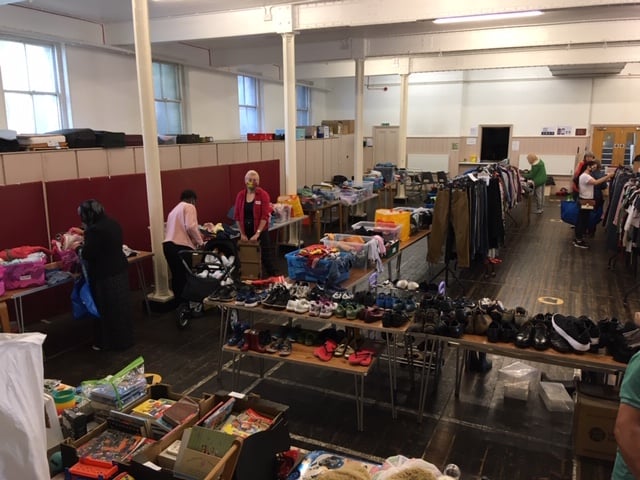
In response to this in recent years we started a Family Education Project in one of the local hotels in which families have been placed. The volunteers here encourage the children to play educational games and learn of other needs from the adults, such as for clothing. They signpost to other service areas and assist in the processing of applying for school places. In the summer months the Family Education Project has been able to organise games in a local park and to share in the maintenance of a communal allotment. These activities have made a significant positive impact on the lives and mental well-being of many newly arrived in the country struggling with officialdom.
It is not usually an easy process to obtain the right to resettle in the UK but we have been blessed by those who have been successful and have returned as volunteers to help others as they have previously been helped. They refer to the Day Centre as a happy place. We start each session with prayer. At Christmas we have usually prepared a special meal, given presents to the children and sung a few carols. Some of our guests have joined in. A recent addition to our volunteers has been a music therapist who led a musical celebration in the hall once to mark refugee week. This involved individuals and groups coming forward to sing songs in their own languages or to play instruments accompanied by the therapist on a keyboard whilst food was prepared and shared around the tables. It was a joyous occasion.
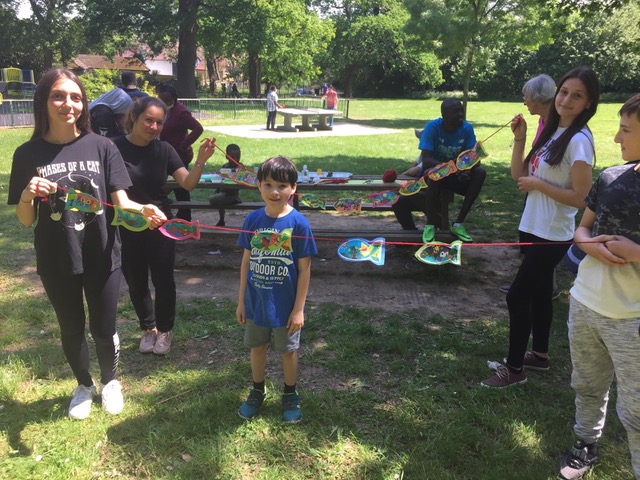
All this had to stop with the arrival of coronavirus. We could not operate from a crowded indoor environment and had to adapt our services once again. As the church was no longer currently using the hall for other purposes we were able to create an enlarged clothes store. In the summer of 2020 many migrants crossed the English Channel and several local hotels were used to provide temporary accommodation. Most had just the clothing in which they had arrived. It was still warm, but the winter months were coming. Suddenly we had long queues outside the hall, mainly of single men, needing clothing. We quickly ran out of our stock of the most popular sizes and resorted to buying clothes and footwear as we were able to. And there was always the demand for more clean underwear.
Then equally suddenly they were gone. At short notice most single men had been moved to the vacant Napier Army Barracks near to Folkestone. We had the mobile phone numbers of some relocated and were able to keep in touch. Many clothing needs had not yet been met from those who had visited us and we learnt of other needs for clothing. We contacted an Anglican vicar in Folkestone who had been able to access the barracks and arranged for a full car load of clothing, much for named individuals, to be driven to the garage at the side of the manse. The operation was then repeated. The poor conditions within the Napier Barracks has been subject to national publicity and those initially place there have been relocated.
During the 2021 lockdown we have not been able to allow visitors into the hall. Our services switched to the distribution of food parcels and of clothing to those known to us in need. As restrictions ease we shall be able to allow guests back into the hall a few at a time. We look forward to the time when we shall once again be able to resume our happy crowded Day Centre service.
Monday 14 June is World Refugee Day: please join with us in praying for the safety and welfare of refugees both in our Diocese and worldwide.
A special report to mark Refugee Week features in the latest edition of The Bridge, our Diocesan Newspaper, and you can read more blog posts on the work our churches do to help support refugees.




